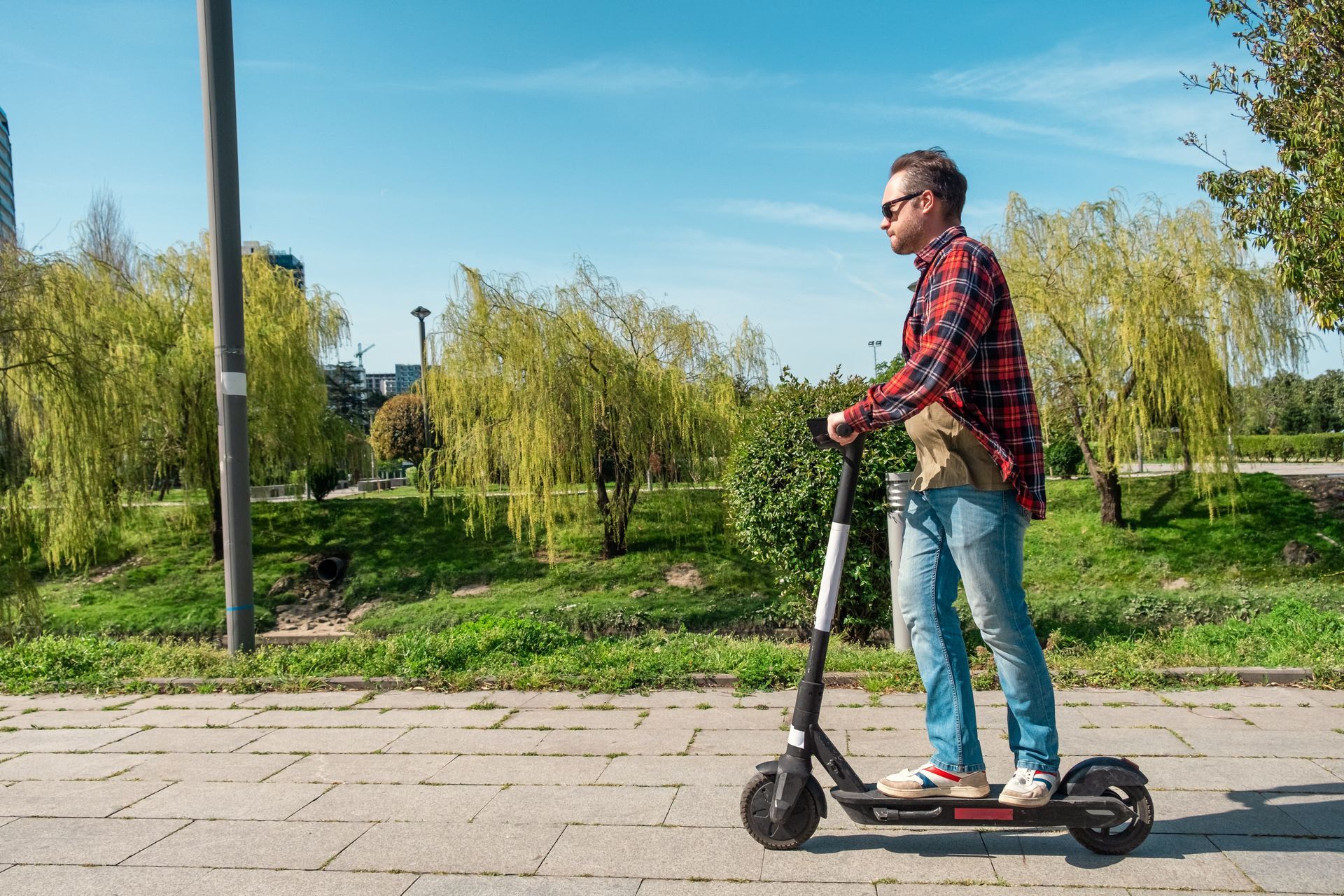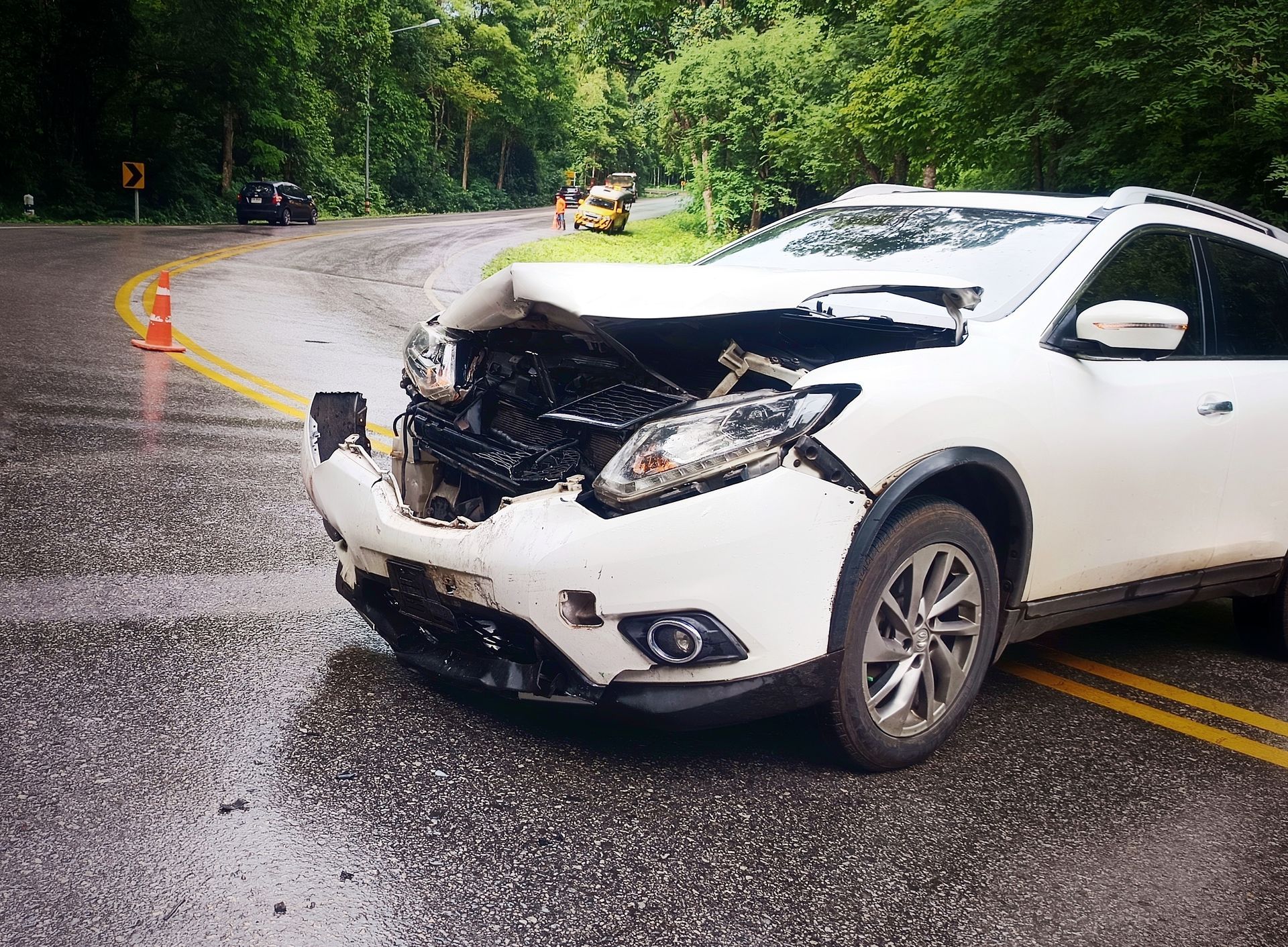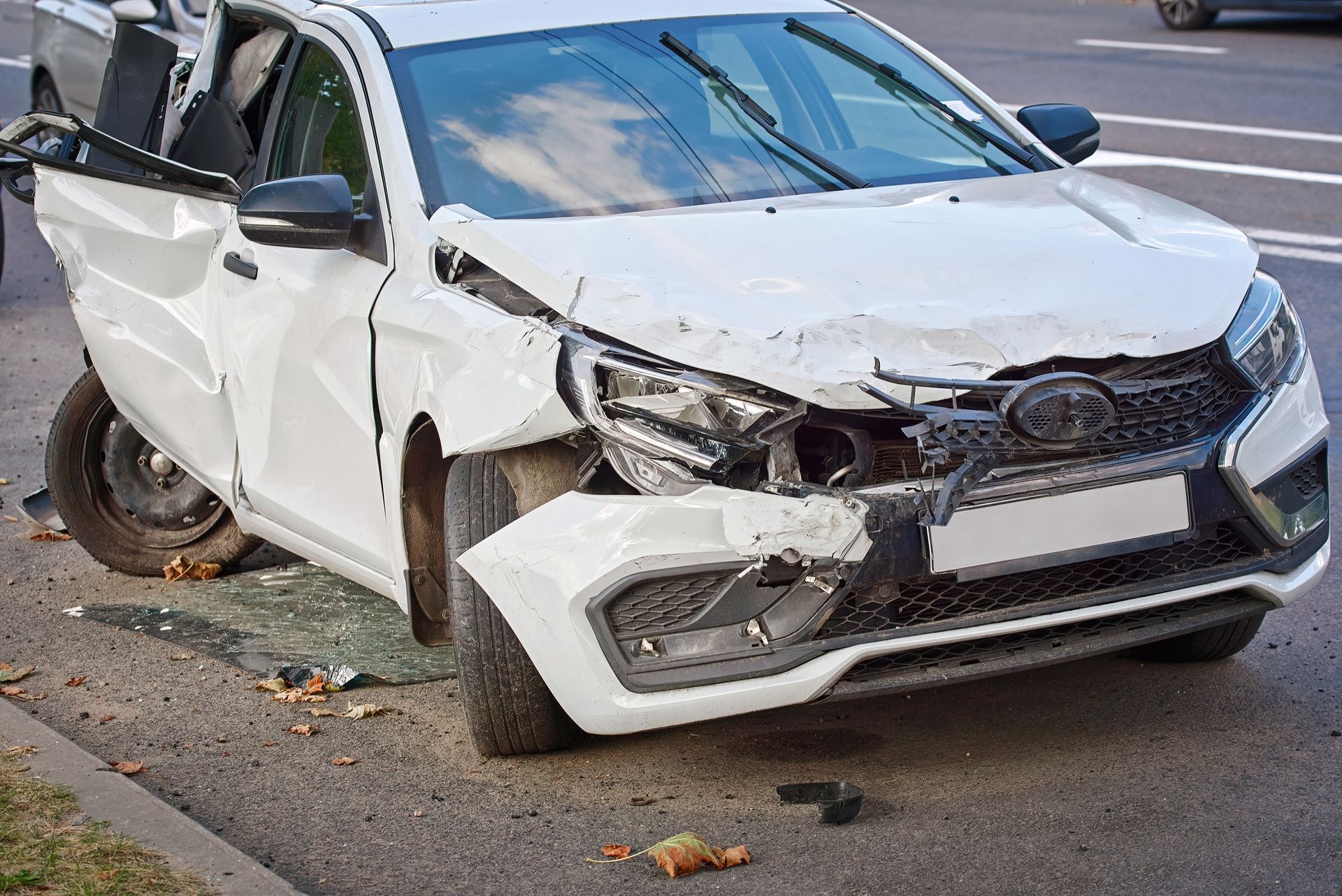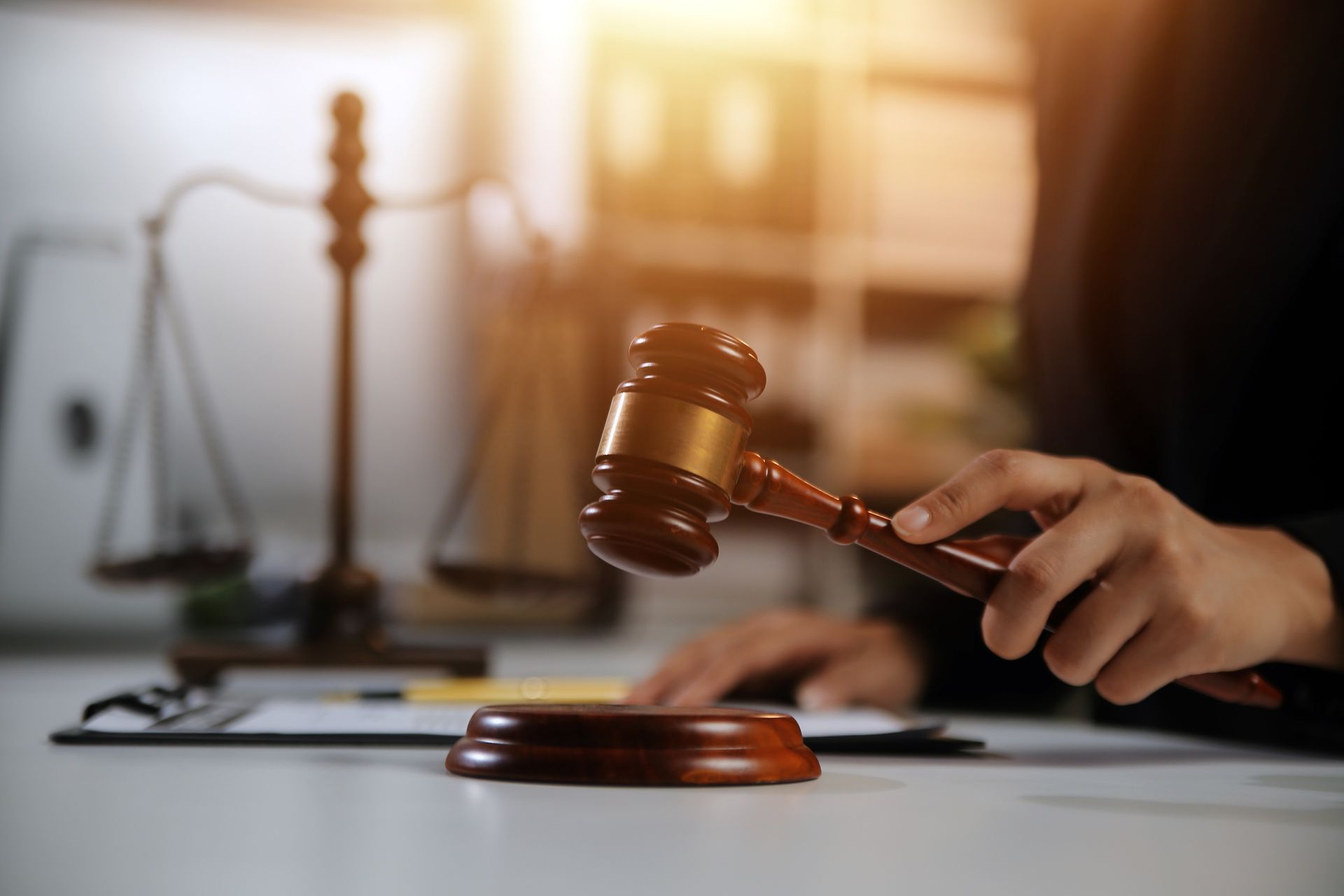Sargon Law Blog
Recent Blog Posts
Are Self-Driving Cars Legal in Arizona?
Technology advances by leaps and bounds every year, sometimes requiring modifications to existing laws and the creation of new ones. Autonomous cars have appeared in movies for decades, but they're becoming a reality. If you wonder, "Are self-driving cars legal in Arizona?" you're not alone. Sargon Law Group explains.
Are Self-Driving Cars Legal in Arizona?
Several companies are developing self-driving cars. These vehicles don't necessarily need a human operator. They rely on radar, cameras, sensors, and artificial intelligence for guidance.
Every state in the U.S. can set regulations and guidelines for testing and operating self-driving cars, although only 34 states have enacted laws governing them as of January 2023. In Arizona, self-driving cars are legal, but owners must "follow all federal laws, regulations and guidelines, Arizona State Statutes, Title 28 of the Arizona Revised Statutes, all regulations and policies set forth by the Arizona Department of Transportation." Different requirements apply to self-driving vehicles with and without human drivers.
Arizona has hosted testing and commercial deployments of self-driving vehicles for many years. You may see Waymo One cars in Phoenix offering autonomous rides, commercial trucks carrying goods, or privately owned self-driving cars transporting their owners. All of these self-driving cars are legal.
Are All Self-Driving Cars the Same?
The National Highway Traffic Safety Administration classifies autonomous cars into six levels depending on their degree of automation. At level zero, the human operator performs all driving without assistance. For reference, these vehicles use either an advanced driver assistance system or an automated driving system.
- Level 1: An ADAS can assist with accelerating, braking, or steering, but not simultaneously.
- Level 2: The ADAS can steer while either accelerating or braking simultaneously.
- Level 3: An ADS can drive the car in most situations, but a human must be present and ready to take control of the vehicle.
- Level 4: The ADS can drive the car reliably in most circumstances, while the human driver can still take control.
- Level 5: The ADS can drive the vehicle in all circumstances, and human occupants are passengers. These probably won't have gas pedals or steering wheels.
The technology running these vehicles advances often, but level five vehicles are not available for the general public to purchase yet. The Waymo cars operating in Arizona are level four, although some don't have human drivers.
What If You Are in an Accident Involving a Self-Driving Car?
Although self-driving cars are legal, they can still cause accidents, and injured accident victims can seek compensation for their damages. Determining liability when self-driving vehicles are involved can differ from accidents with "regular" cars, but the Phoenix car accident lawyers at Sargon Law Group can place the responsibility where it belongs.
Multiple parties are potentially liable for the actions of a self-driving vehicle. An investigation will determine what caused a crash and which parties are responsible for compensating those injured in a self-driving car accident. Two or more parties may share fault.
Human Operator
With the level of autonomy available in today's self-driving cars, a human operator is still necessary in most cases. With human drivers present, human error can happen and cause accidents. Even if the driver engages the autonomous features, they must remain alert so they can avert collisions. Driver error includes:
- Speeding
- Failing to follow traffic laws and signals
- Driving under the influence of drugs, alcohol, or fatigue
- Aggressive or reckless driving
- Tailgating
- Failing to yield the right of way
- Distracted driving
Distracted driving covers many actions drivers may take that remove their focus from the road:
- Texting or other hands-on use of mobile devices
- Searching for items in the car
- Eating, drinking, or smoking
- Putting on makeup
- Daydreaming
- Interacting with passengers
In most instances, these forms of human error are negligent behavior. Self-driving cars are legal, but negligent driving is grounds for a personal injury claim.
Car and Parts Manufacturers
Manufacturers typically produce safe cars and parts. However, defects are sometimes present. If a faulty part or vehicle causes an accident, you can hold the manufacturer liable.
Software Developers
Self-driving cars rely on computer systems and AI. Software glitches or errors can cause accidents, and software developers may be responsible.
Company
If the self-driving car involved in your accident belongs to a company, that company may be responsible for paying compensation for your damages.
Cargo Owners, Loaders, or Shippers
Loaders must distribute the weight of cargo evenly and adequately secure the load. Shifting cargo can cause trucks to crash. If a cargo issue with a self-driving truck causes a wreck, any party associated with the shipment may share responsibility.
What Should You Do After an Accident With a Self-Driving Car?
Some self-driving cars are legal without human operators. If a self-driving car without a driver is in a crash, it should remain at the accident scene until the police arrive. As with any car crash, you should take several steps to protect your health and your claim for compensation.
- Render reasonable aid: Assist others injured in the accident.
- Dial 911: Others may call the police, but you should contact them as well.
- Use your phone: Make videos and take photos of pertinent details, including your injuries, the accident scene, vehicle placements and damage, witnesses and their statements, and your own recollection of how the accident occurred.
- Accept or seek medical attention: Protecting your health is your first concern. However, the record of your medical condition immediately after your accident is evidence in your personal injury claim.
- Contact a car accident attorney: Handling a car accident claim alone is sometimes complicated, especially if it involves a self-driving car. Hiring Sargon Law Group can give you peace of mind.
How Can Sargon Law Group Help With a Self-Driving Car Accident?
Although self-driving vehicle technology is relatively new, Sargon Law Group understands the applicable laws. We will investigate the crash, determine fault, and fight to obtain maximum compensation for your injuries. Our Phoenix personal injury attorneys have decades of experience focusing on personal injury law and successfully handling injury cases.
Are self-driving cars legal? They are, but you still have options if you've been in an accident with one. Contact Sargon Law Group 24/7 for more information or to request your free consultation. Use our contact form or call us at (623) 225-5635.





